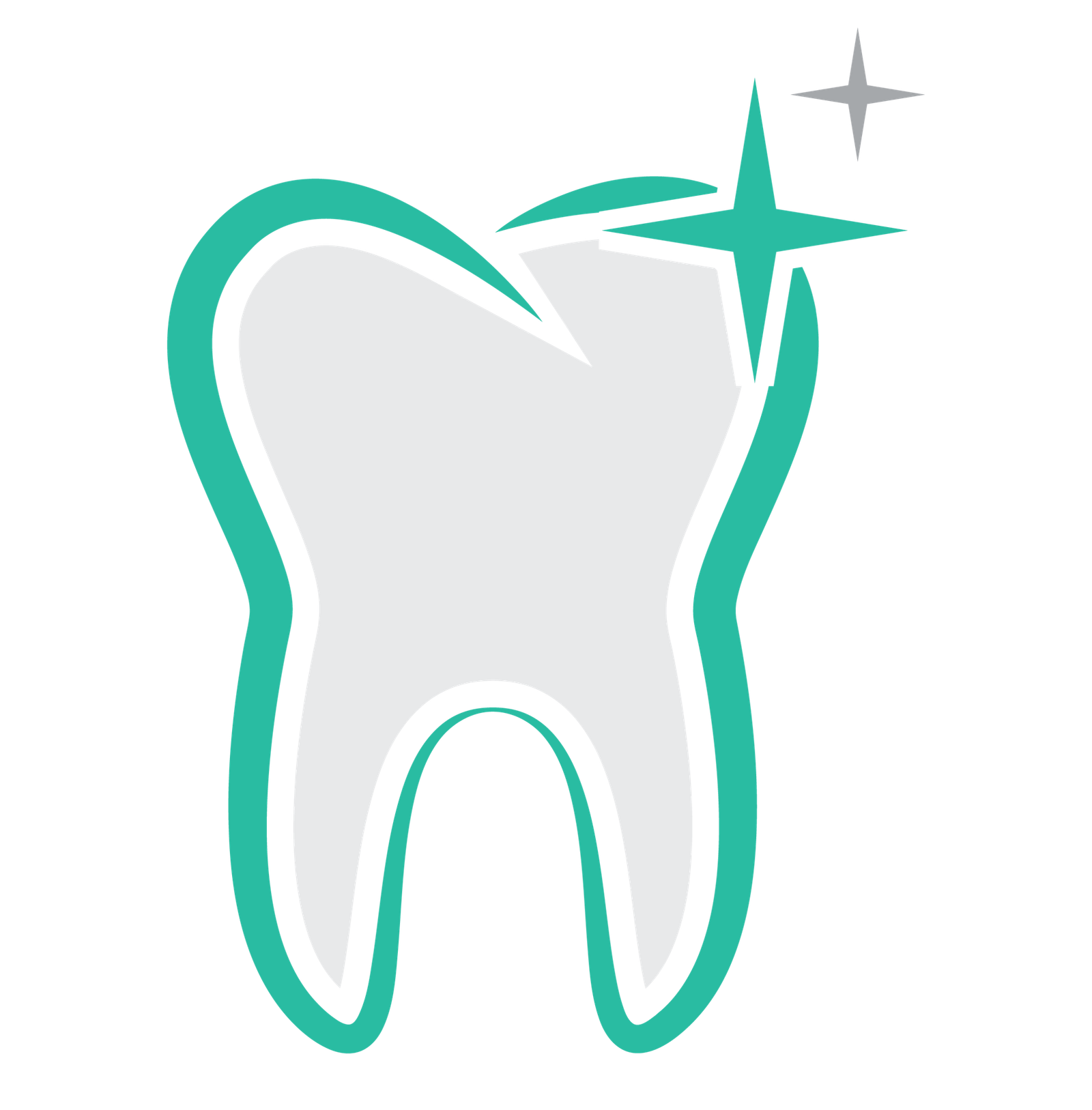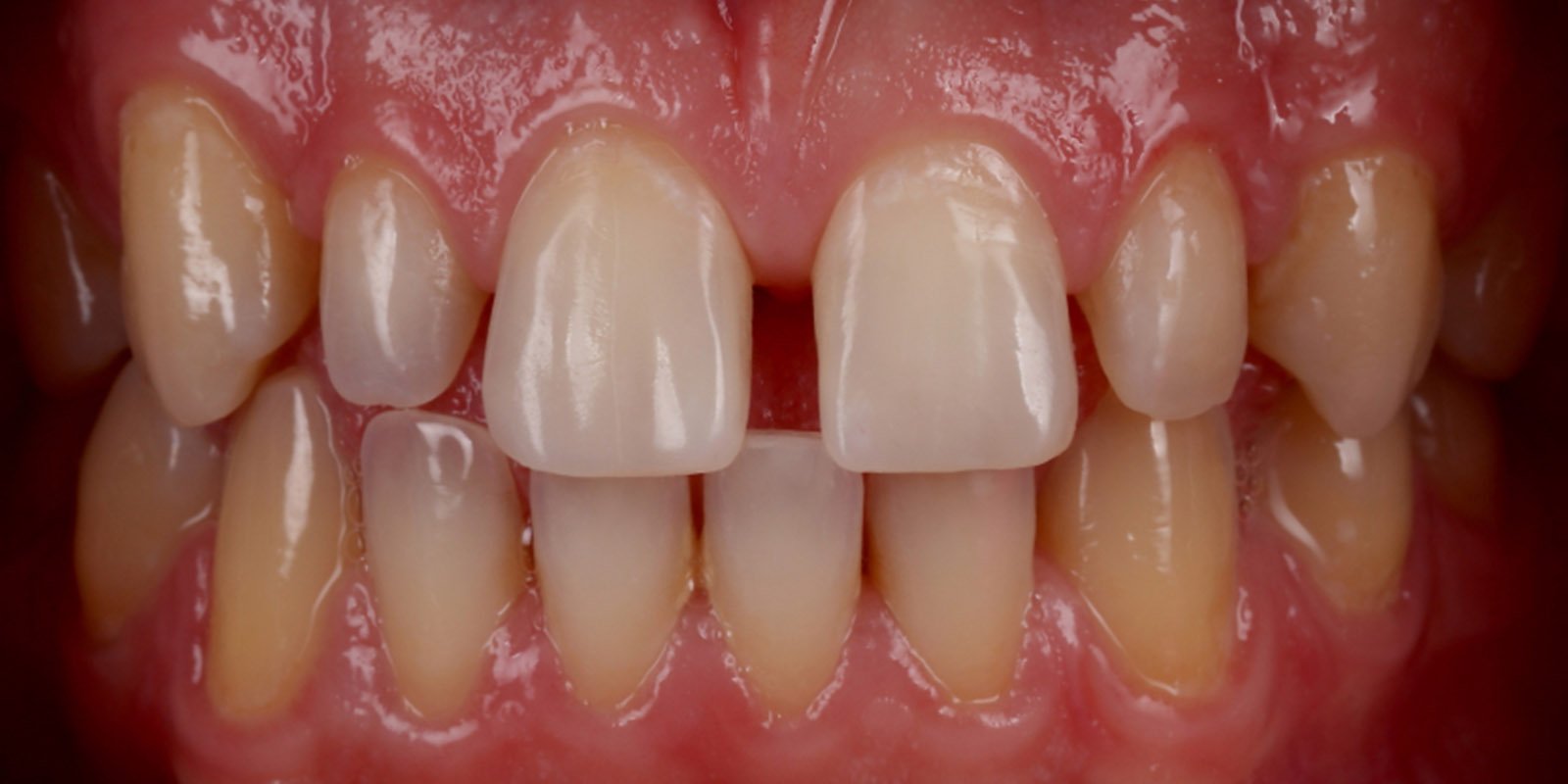In recent years, the term “antimicrobial resistance” (AMR) has become a buzzword in healthcare discussions worldwide. While it might sound like a distant, scientific concept, AMR is a real and pressing threat that affects each of us. One of the simplest yet most impactful actions you can take to combat AMR is to complete your prescribed course of antibiotics. Let’s explore why this is so important and how it relates to your dental health.
What is Antimicrobial Resistance (AMR)?
Antimicrobial resistance occurs when bacteria, viruses, fungi, and parasites evolve to resist the effects of medications designed to kill them. As a result, infections become harder to treat, leading to prolonged illness, higher medical costs, and an increased risk of death. The misuse and overuse of antibiotics are major drivers of AMR.
When antibiotics are taken improperly—such as stopping the course early once symptoms subside—some bacteria may survive. These “survivor” bacteria often develop resistance to the medication, making future infections harder to treat. In dental care, where infections like abscesses, gum disease, or post-surgical infections are common, AMR poses a serious risk.
The Role of Antibiotics in Dental Care
Dentists prescribe antibiotics for several reasons, such as treating infections, preventing infection after oral surgery, or managing severe gum disease. Unlike painkillers, which provide symptomatic relief, antibiotics target the root cause of bacterial infections. If you’ve ever had a tooth abscess or undergone wisdom tooth extraction, you’ve likely been prescribed antibiotics as a preventive measure.
However, improper use of antibiotics in dental care can lead to drug-resistant infections. If a patient stops taking antibiotics once they “feel better,” the remaining bacteria may develop resistance. The next time a similar infection occurs, the same antibiotics may no longer be effective, requiring stronger, more potent medications—or, in severe cases, hospitalization.
Why You Must Complete Your Antibiotics Course
- Preventing Resistant Bacteria: Completing the entire course ensures that all bacteria causing the infection are eradicated. If you stop early, surviving bacteria can adapt and become resistant.
- Faster Recovery: Stopping antibiotics early might give temporary relief, but it can allow the infection to return, often in a more severe form.
- Reducing the Spread of Resistance: Resistant bacteria can spread to family members, friends, and the broader community. When AMR spreads, it becomes a public health concern.
- Maintaining Antibiotic Effectiveness: The more antibiotics are misused, the less effective they become. By completing your course, you’re playing a small but vital role in preserving the efficacy of antibiotics for future generations.
Common Myths About Antibiotics
- Myth: “I feel better, so I don’t need to finish the antibiotics.”
- Truth: Feeling better doesn’t mean the infection is fully cleared. Symptoms may subside before all bacteria are destroyed.
- Myth: “I’ll save the remaining pills for future use.”
- Truth: Self-prescribing leftover antibiotics can lead to improper treatment and fuel resistance. Only take antibiotics as prescribed by your dentist or doctor.
- Myth: “All infections need antibiotics.”
- Truth: Not all infections are bacterial. Viral infections, like colds and flu, do not respond to antibiotics.
How Dental Clinics are Combating AMR
Dental clinics, like North Delhi Dental Clinic, are at the forefront of responsible antibiotic use. Modern dental practices prioritize preventive care to reduce the need for antibiotics. When antibiotics are necessary, dentists ensure that patients understand the importance of completing the course. Clear guidance, patient education, and follow-up care are all part of the strategy to combat AMR.
Tips for Proper Antibiotic Use
- Follow the Prescription: Take the exact dose at the specified time intervals. Missing doses can reduce the antibiotic’s effectiveness.
- Don’t Skip Doses: If you forget a dose, ask your dentist what to do. Avoid doubling up on doses to make up for a missed one.
- Don’t Share Antibiotics: Each prescription is tailored to the individual’s infection. Sharing antibiotics can lead to incorrect treatment and resistance.
- Ask Questions: If you’re unsure about your prescription, ask your dentist or pharmacist for clarification.
Antimicrobial resistance is a global crisis, but you have the power to make a difference. Completing your antibiotics course is one of the simplest yet most effective ways to fight this threat. Dental clinics like North Delhi Dental Clinic are dedicated to promoting responsible antibiotic use, ensuring that every patient plays their part in this crucial fight. The next time your dentist prescribes antibiotics, remember—finishing the course isn’t just good for you; it’s essential for everyone.





